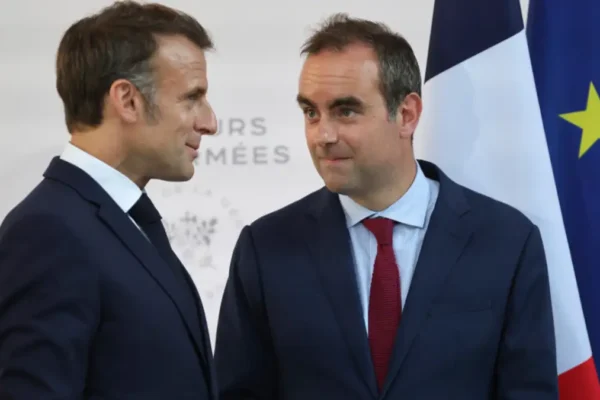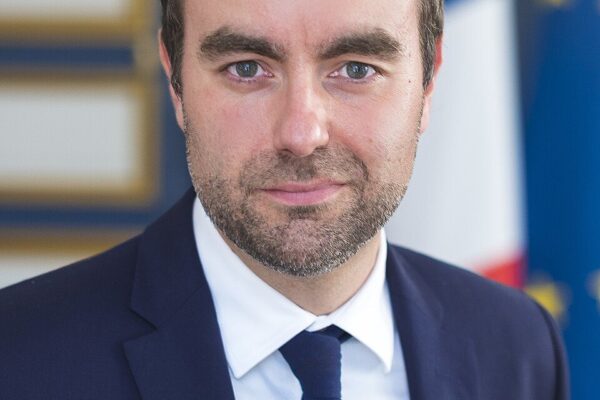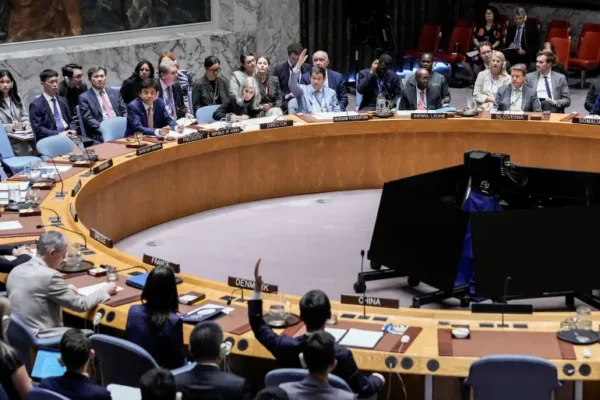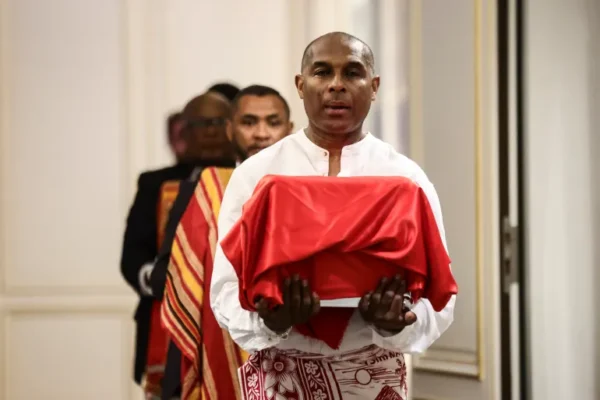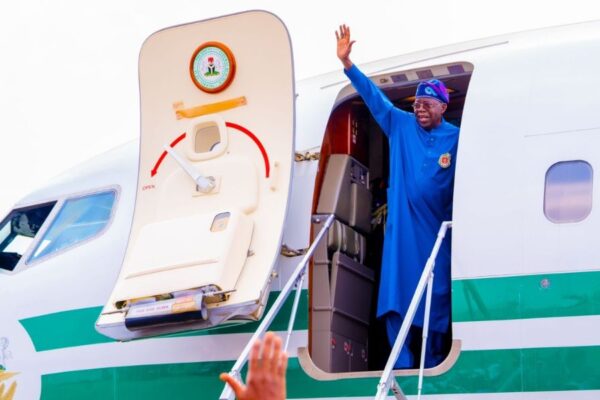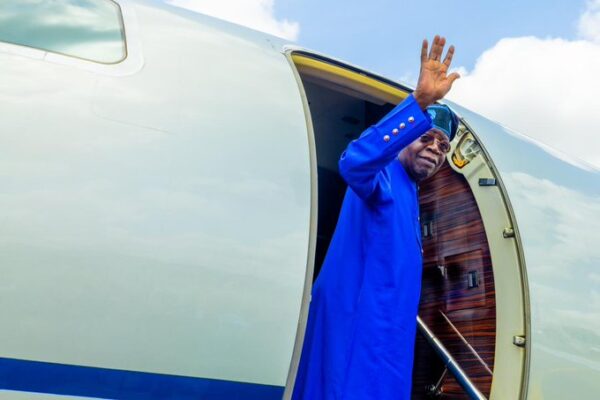By Kamal Yalwa: Published September 27, 2025 Tehran – Iran has recalled its ambassadors from the United Kingdom, France, and Germany in response to the reimposition of United Nations sanctions, which come into effect on Sunday. State media reported Saturday that the Iranian envoys were summoned back to Tehran “for consultations,” following what the Iranian government described as “irresponsible” action by the three European nations—collectively known as the E3—to trigger the UN’s snapback mechanism. The E3 set the process in motion a month ago, accusing Tehran of non-compliance with nuclear obligations. The move follows a deadly 12-day conflict in June between Iran, Israel, and the United States, which left over 1,000 people dead, according to Iranian authorities. On Friday, efforts by Russia and China to delay the sanctions through a UN Security Council resolution failed, with only four countries backing their proposal. The snapback sanctions officially begin at 00:00 GMT on Sunday, reinstating global bans on cooperation with Iran’s nuclear, military, banking, and shipping sectors. The news triggered an immediate reaction in Iranian markets, with the rial plummeting to an all-time low—trading at over 1.1 million per US dollar on the open market in Tehran. The International Atomic Energy Agency (IAEA) confirmed this week that inspections had resumed at some Iranian sites, but did not specify whether this included facilities damaged in the June airstrikes. In Moscow, Iran’s nuclear chief Mohammad Eslami criticized the IAEA for not condemning the bombings of Iranian nuclear infrastructure by the U.S. and Israel. Despite diplomatic efforts at the recent UN General Assembly in New York, Western powers rejected Iranian proposals to delay the snapback, citing a lack of meaningful progress. Iranian President Masoud Pezeshkian said there was no reason to negotiate further, accusing the U.S. and Israel of attempting to destabilize Iran’s government. “If the goal had been to resolve concerns on the nuclear programme, we could easily do that,” Pezeshkian said, reiterating that Iran has no intention of pursuing nuclear weapons. U.S. envoy to the Middle East Steve Witkoff defended the sanctions, calling them “the right medicine,” but insisted Washington remains open to dialogue. However, global consensus remains fractured. Russia’s deputy UN ambassador Dmitry Polyansky dismissed the sanctions as “null and void,” and China has continued to import Iranian oil despite pressure from Washington. The U.S. has since imposed new penalties on Chinese firms linked to Iranian energy imports. The renewed sanctions mark a full reinstatement of measures previously lifted under the 2015 nuclear deal, which former U.S. President Donald Trump abandoned in 2018 in favor of a “maximum pressure” campaign. At the UN on Friday, Israeli Prime Minister Benjamin Netanyahu urged no delay in implementing the snapback and suggested Israel could again target Iranian nuclear facilities if necessary. Still, Iran’s leadership signaled restraint. Pezeshkian said Tehran would not quit the Nuclear Non-Proliferation Treaty, warning that adversaries were looking for “superficial pretexts to set the region ablaze.” Meanwhile, regional tensions remain high. The Islamic Revolutionary Guard Corps (IRGC) marked the first anniversary of the assassination of Hezbollah leader Hassan Nasrallah and senior Iranian commander Abbas Nilforoushan in Israeli airstrikes on Beirut. The IRGC vowed continued “smart resistance” against Israeli and American actions. In a related development, Iran’s judiciary announced that four individuals had been convicted for allegedly working with Israel’s Mossad and the outlawed MEK group. Two received death sentences; the other two were given life imprisonment. Iran’s top national security official, Ali Larijani, attended a memorial event in Lebanon on Saturday, declaring that “it is now clear Israel shows mercy to no country.” As sanctions take hold, Iran’s response—and how strictly the world enforces the measures—will shape the next chapter in the escalating standoff.



